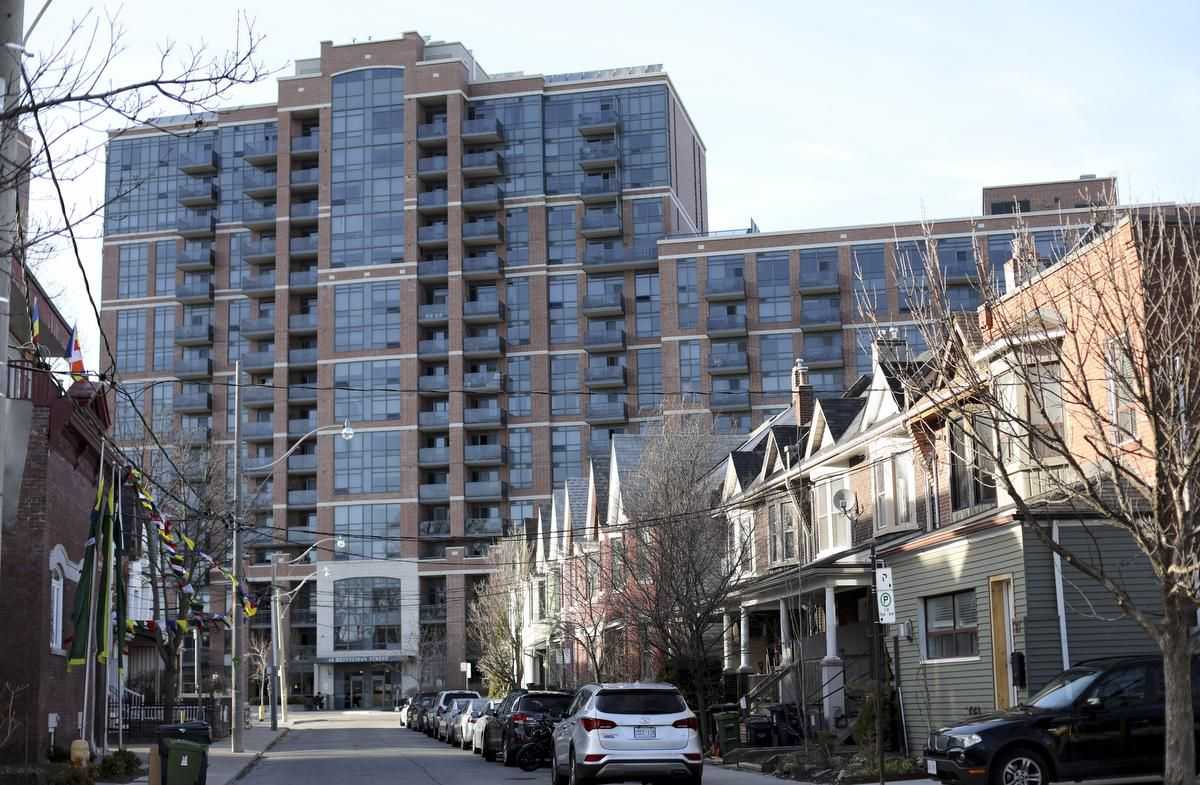BY: BRITTNEY CHANNER
When the topic of social justice is discussed among inquiring minds, the all too familiar events surrounding racism, gender inequality, ageism and other forms of discrimination elicit the majority of attention. Sometimes, due to how rampant and quickly particular crises encompassing these forms of discrimination arise, other issues that are equally important end up either being silenced or dismissed. A prime example of this is the little to no attention that the topic of affordable housing gets within the GTA and the country as a whole.
Although the issue of affordable housing may not be deemed a right or as a social injustice issue, when 4.8 million Canadians alone are living below the poverty line, which includes men, women, children, people living with disabilities (both mental and physical) and young adults, the need for serious dialogue regarding proper housing along with other important factors that contribute to the overall structure and continuance of poverty must take place.
Although the issue of poverty exhibits itself in many forms, I would like to strictly focus on the issue of affordable housing and how it contributes to poverty in general. In Toronto alone, there has been a significant increase in rental costs, with bachelor apartments ranging from $1,500, one-bedroom apartments renting for roughly $1,800 and a two-bedroom apartment renting for $2,400 and up. To make matters worse, the price increases exponentially in the GTA when looking into home ownership.
According to “Money Sense Canada”, to own a detached home in the GTA, you would need a household income of $200,663 with a monthly mortgage of $4,349. The idea of owning your own home in Canada will cost at least half a million dollars, and with 4.8 million Canadians living below the poverty line, this idea seems like only a dream.
Due to these overwhelming statistics, many Canadians are forced to live in underwhelming conditions that pose several physical, safety and health risks strictly due to the inability to afford adequate housing. Many individuals who live in areas where there is some form of Housing Corporation that deals with subsidy issues, market rent issues or anything related to affordable housing usually have no other options and have to accept the lackluster quality of housing given to them.
In addition, to get approved for any form of affordable housing, there are usually waiting lists of at least 10 years before something viable appears. This example alone, along with many others contribute to the difficulties and challenges that many Canadians face, and bolster the frequent feelings of hopelessness in regards to being able to live comfortably.
However, according to the Ontario Human Rights Commission and its report on the Consultation on Human Rights and Rental Housing in Ontario, it states that adequate housing is essential to one’s sense of dignity, safety, inclusion and ability to contribute to the fabric of our neighborhoods and societies. Without proper housing, it is often not feasible to establish and maintain gainful employment; to recover from mental illness or other disabilities; to integrate into the community; to escape physical or emotional violence or to keep custody of children (Ontario Human Rights Commission, 2018).
So, if the Ontario Human Rights Commission expressed in full detail how important the issue of proper, adequate and affordable housing is, why does it still remain a rampant concern? Why aren’t politicians advocating for one of the major concerns that 4.8 million of its people are currently dealing with to this day? These questions have remained unanswered for a while and it’s mandatory that people who have the power to create change take this issue very seriously, as the lives of those young and old are on the line.
If one refers to the nation’s Charter of Rights and Freedoms, it in detail expresses the fundamental rights and freedoms that you have as a Canadian citizen, such as the right to be treated equally under the law, freedom of expression, the right to life, liberty and the security of the person. However, can you truly act on these rights and freedoms and be a contributing member of society if you do not have a proper foundation to build upon?
I want to hear your thoughts!

